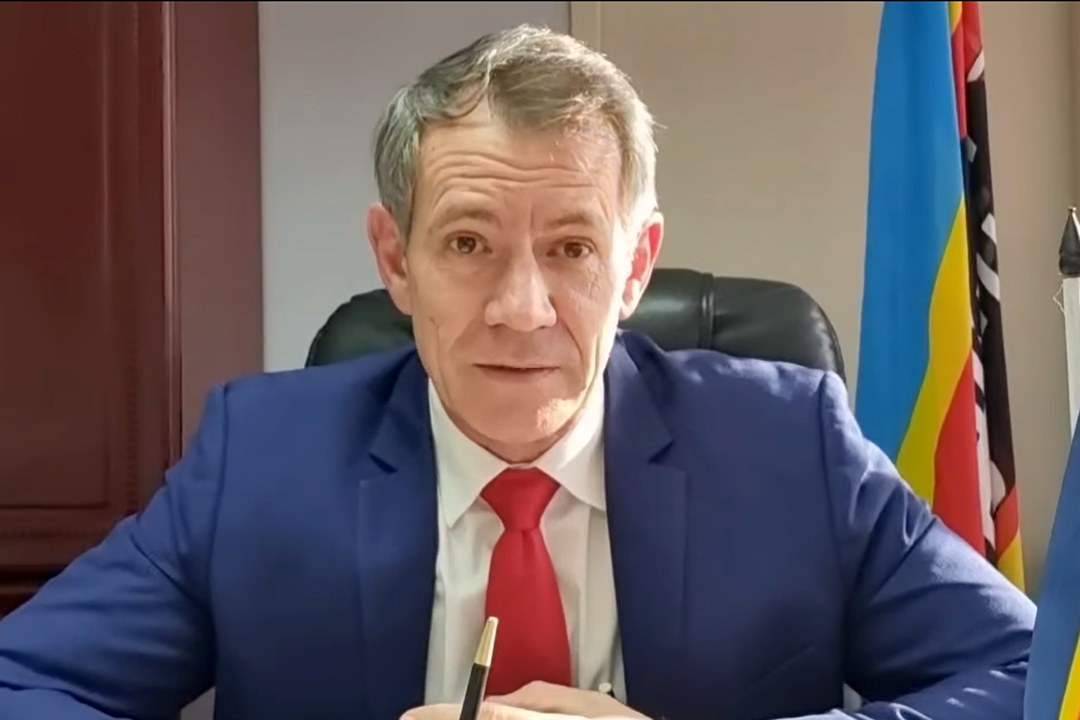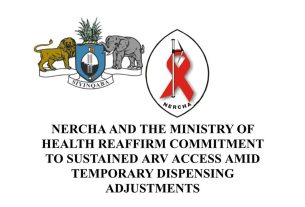….. Finance Ministry stabilises cash flow and overhauls medical supply systems after World Bank support
By Mbono Mdluli
MBABANE – A major milestone has been achieved in Eswatini’s economic recovery, as government successfully clears all outstanding arrears to suppliers, restoring confidence and liquidity to the business sector.
This breakthrough comes after the Ministry of Finance secured a landmark USD 100 million loan from the World Bank, aimed at stabilising national cash flow and stimulating economic momentum. According to Minister of Finance Neal Rijkenberg, the long-awaited payments have now been disbursed, marking a fresh chapter of fiscal discipline and partnership between government and the private sector.
“All suppliers in Eswatini have now been paid. This is a significant and exciting development that puts our financial system back on track,” the Minister confirmed during the latest Finance in Focus segment.
The clearance of arrears is expected to unlock economic potential across sectors, especially for small and medium enterprises, many of whom depend on government contracts and timely disbursements.
Fixing the Medical Supply Chain
In a bold step to end one of the country’s most persistent challenges, medicine shortages in public health facilities, the government is launching a transformational reform. Central Medical Stores (CMS), currently a government entity, will be transitioned into a parastatal, bringing it under a more efficient, accountable, and transparent management model.
“We’ve seen medicines come in, but somehow they don’t reach the people who need them. It’s the biggest crisis in the country, and we’re committed to solving it,” the Minister explained.
Under the new plan, CMS will retain ownership and control of medicine throughout the supply chain, from warehouses to hospital pharmacies, until the medication reaches the patient. A robust tracking and control system will be introduced, ensuring accountability at every step.
This reform is being supported by the Global Fund, which is assisting with technical expertise and legislative frameworks to facilitate the transition. The new legislation has already been approved by the Attorney General’s Office and is now heading to Cabinet for ratification.
“My gut feeling is that in about six months, CMS will be fully operational as a parastatal. We will then have in place a transparent, efficient system that ensures every liSwati gets the medication they need.”
A Government That Listens and Acts
This multi-pronged approach, clearing arrears, stabilising cash flow, and reforming healthcare logistics, sends a clear message: the Eswatini government is actively listening to citizens’ concerns and delivering solutions that matter.
“We believe this is the right solution. It’s about fixing the controls, not just the budgets,” the Minister concluded.
With reforms underway and partners like the Global Fund on board, Eswatini is not only addressing its current challenges, it’s building resilient systems for a healthier and more prosperous future.





